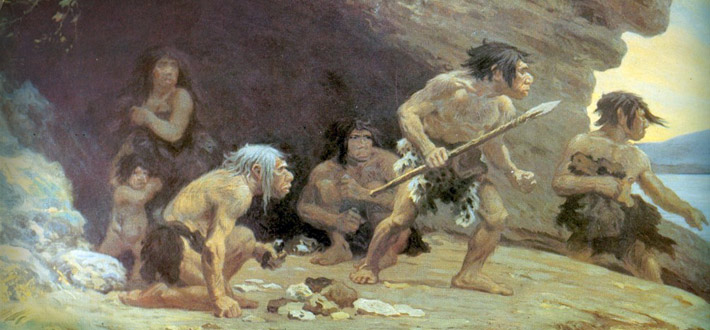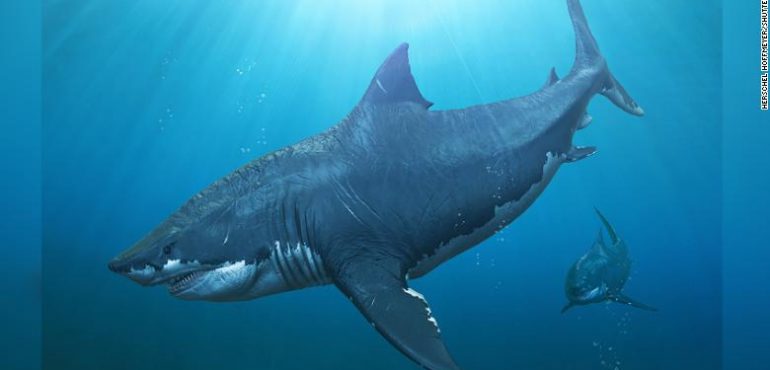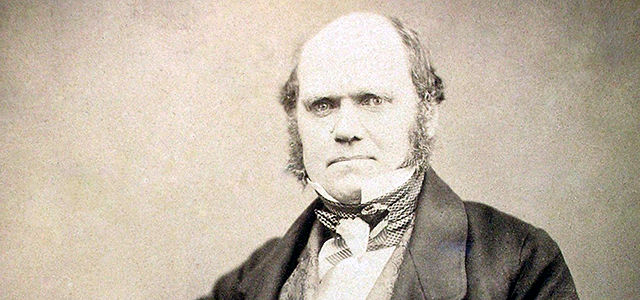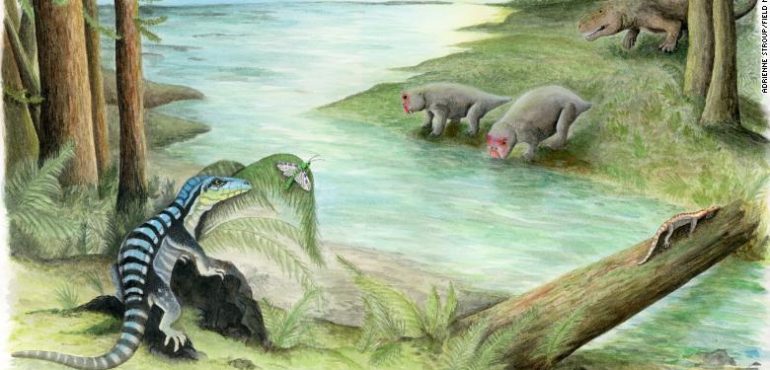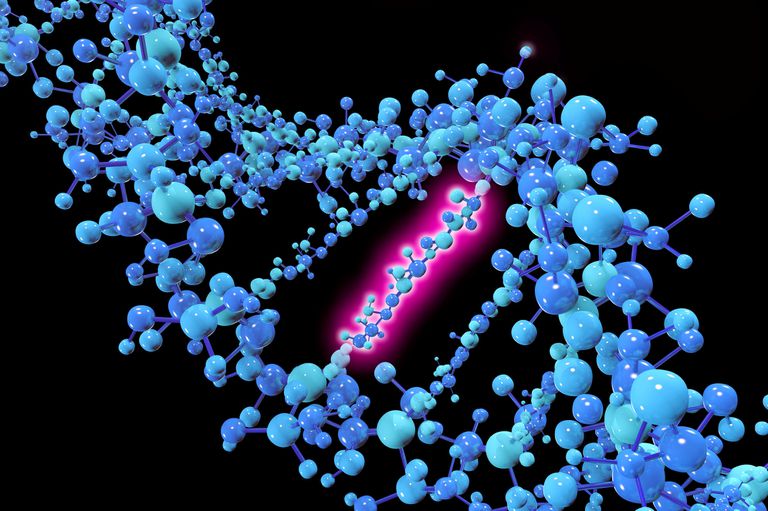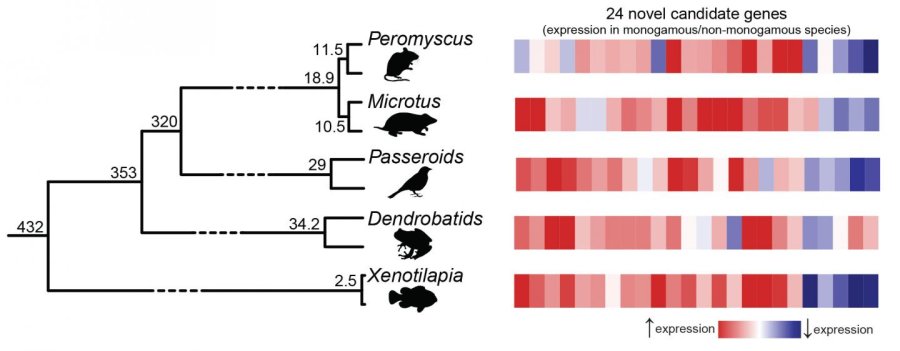Nearly one in five Americans currently suffers from a mental illness, and roughly half of us will be diagnosed with one at some point in our lives. Yet, these occurrences may have nothing to do with a genetic flaw or a traumatic event. Randolph Nesse, a professor of life sciences at Arizona State University, attributes…
Read more
Susceptibility to Mental Illness May Have Helped Humans Adapt over the Millennia


